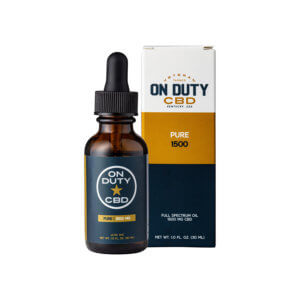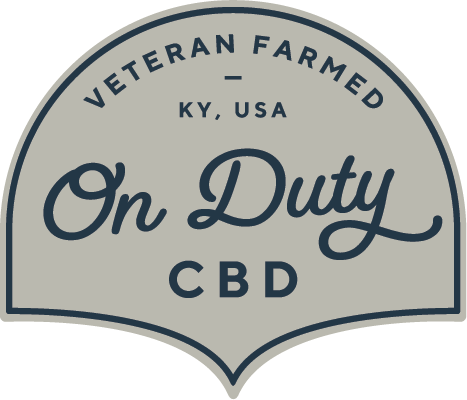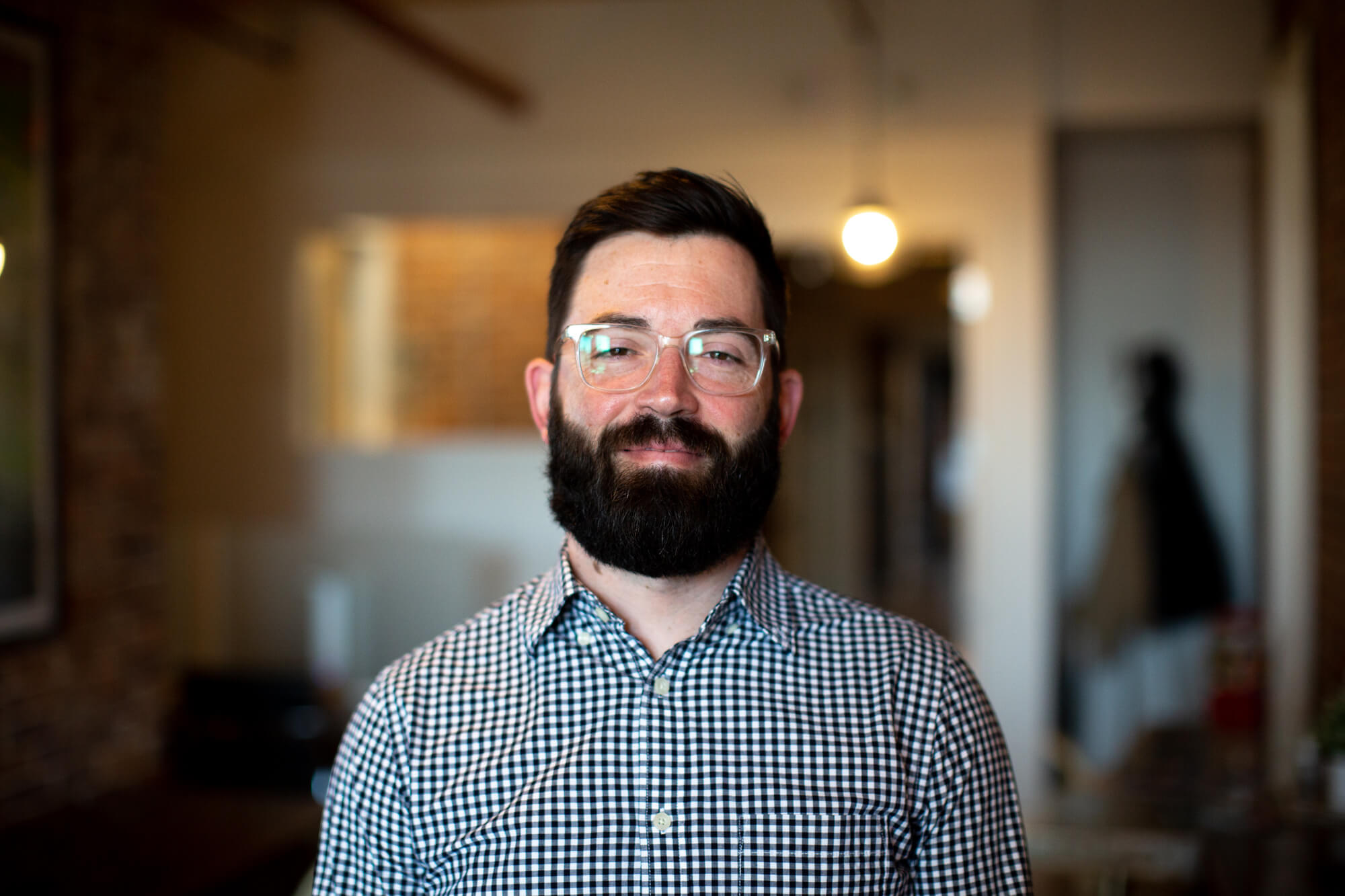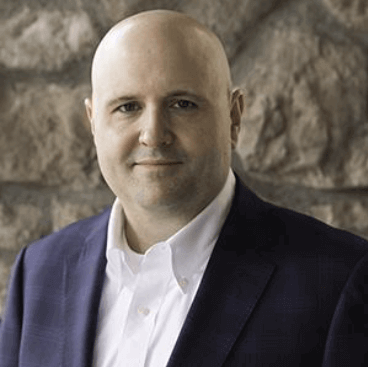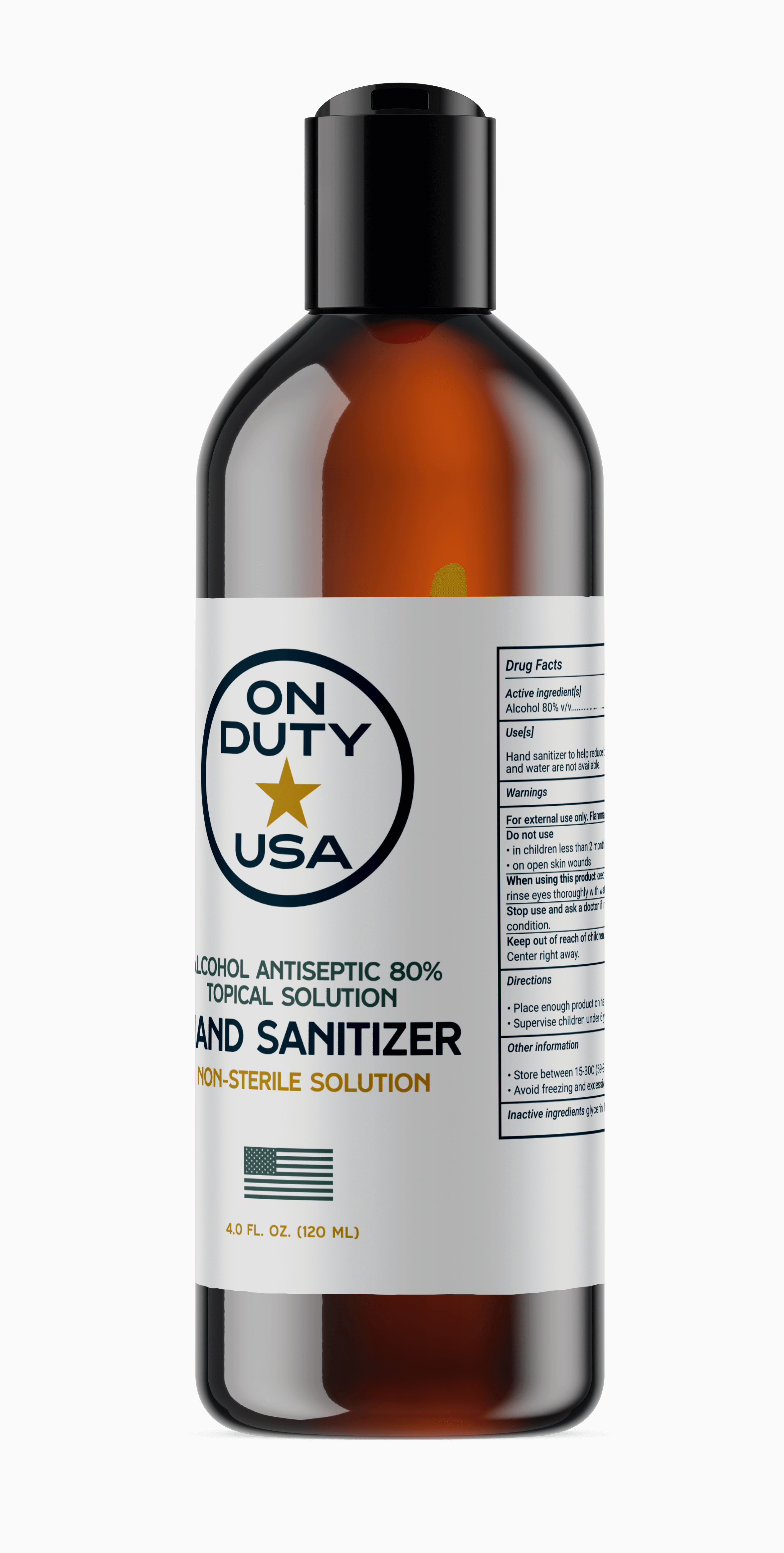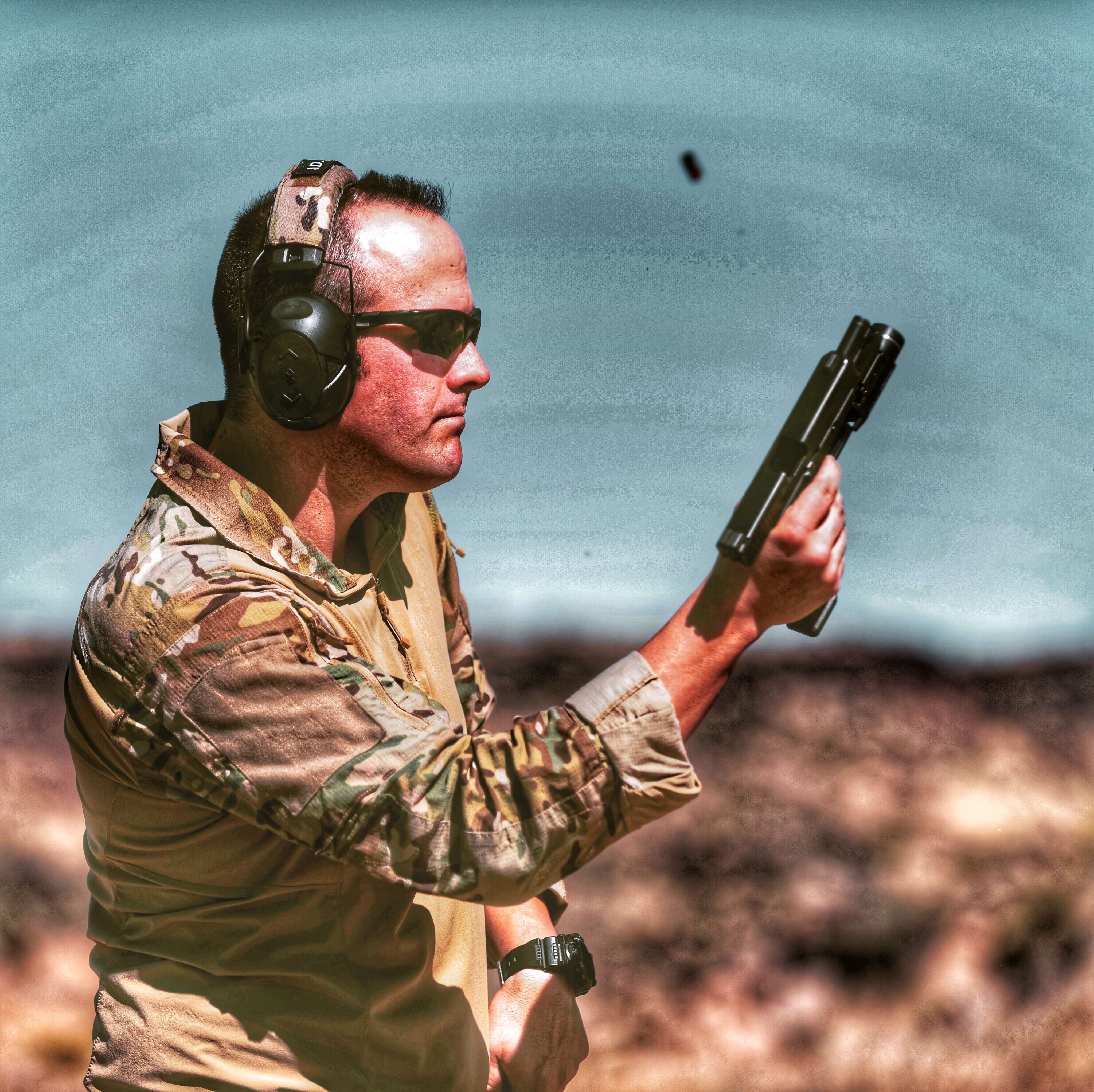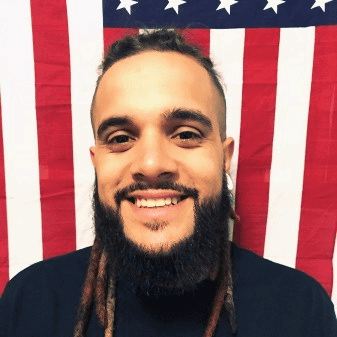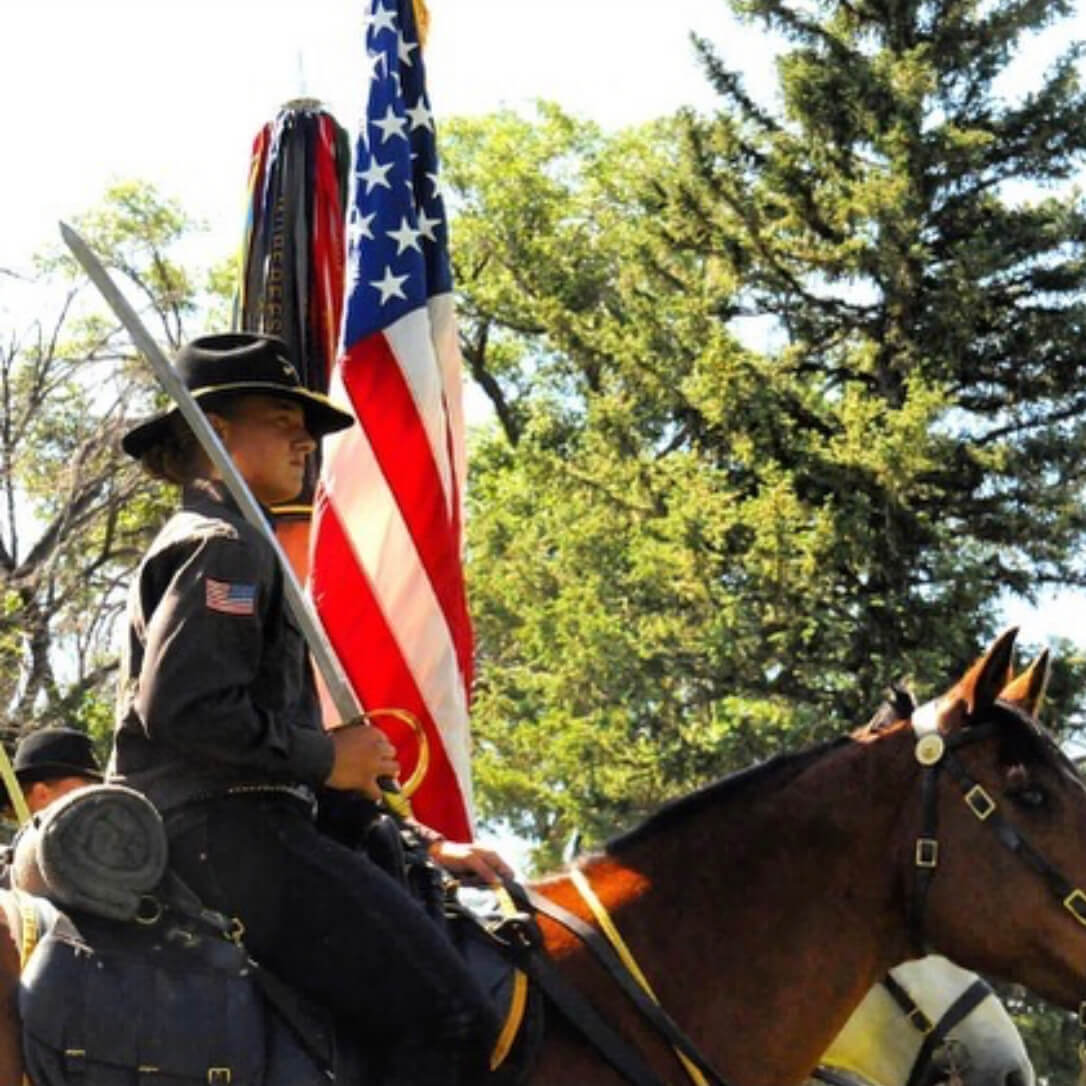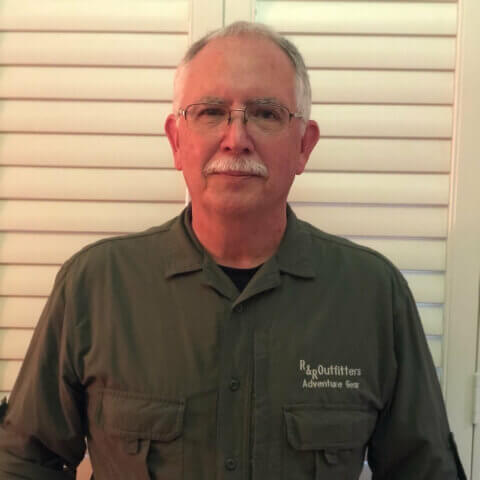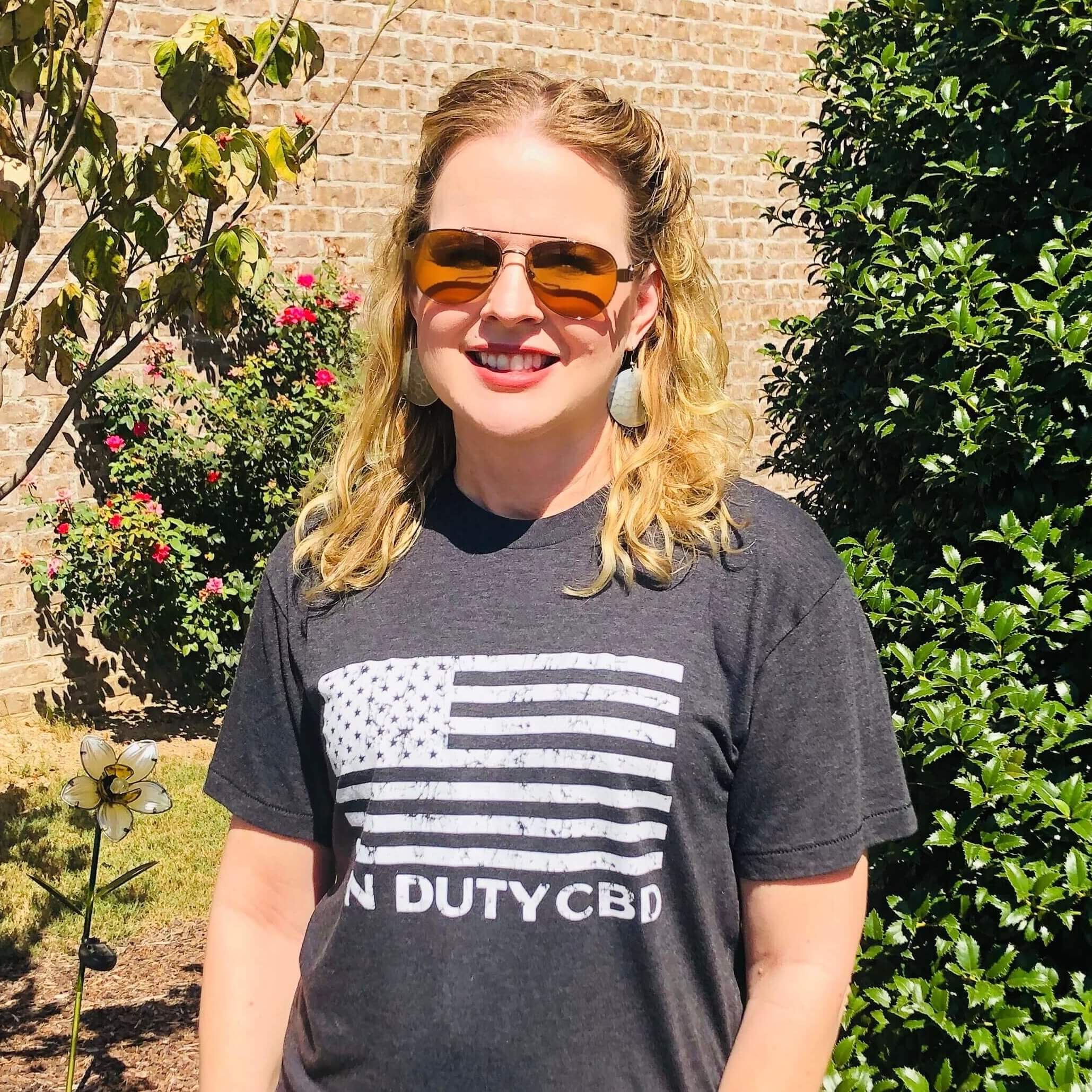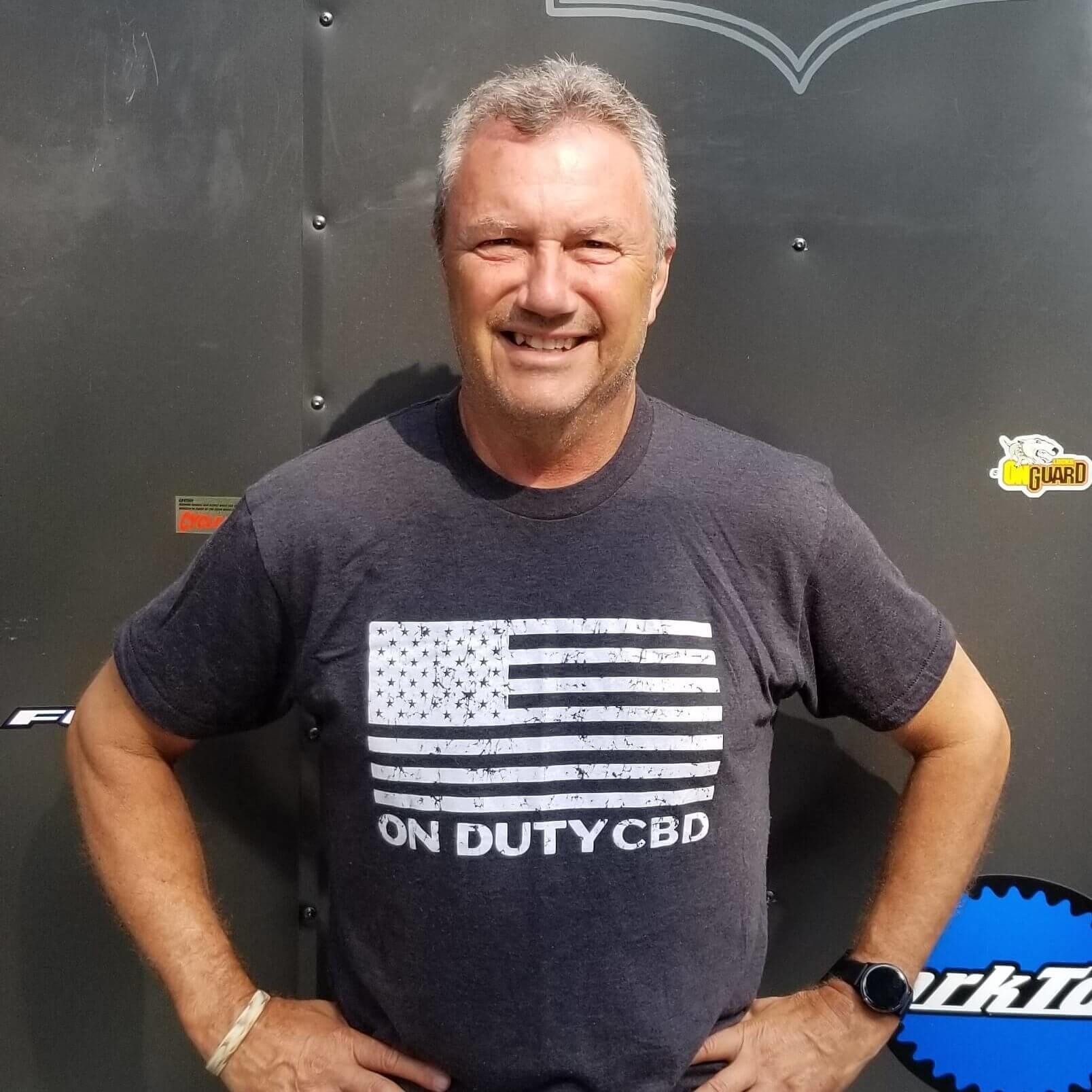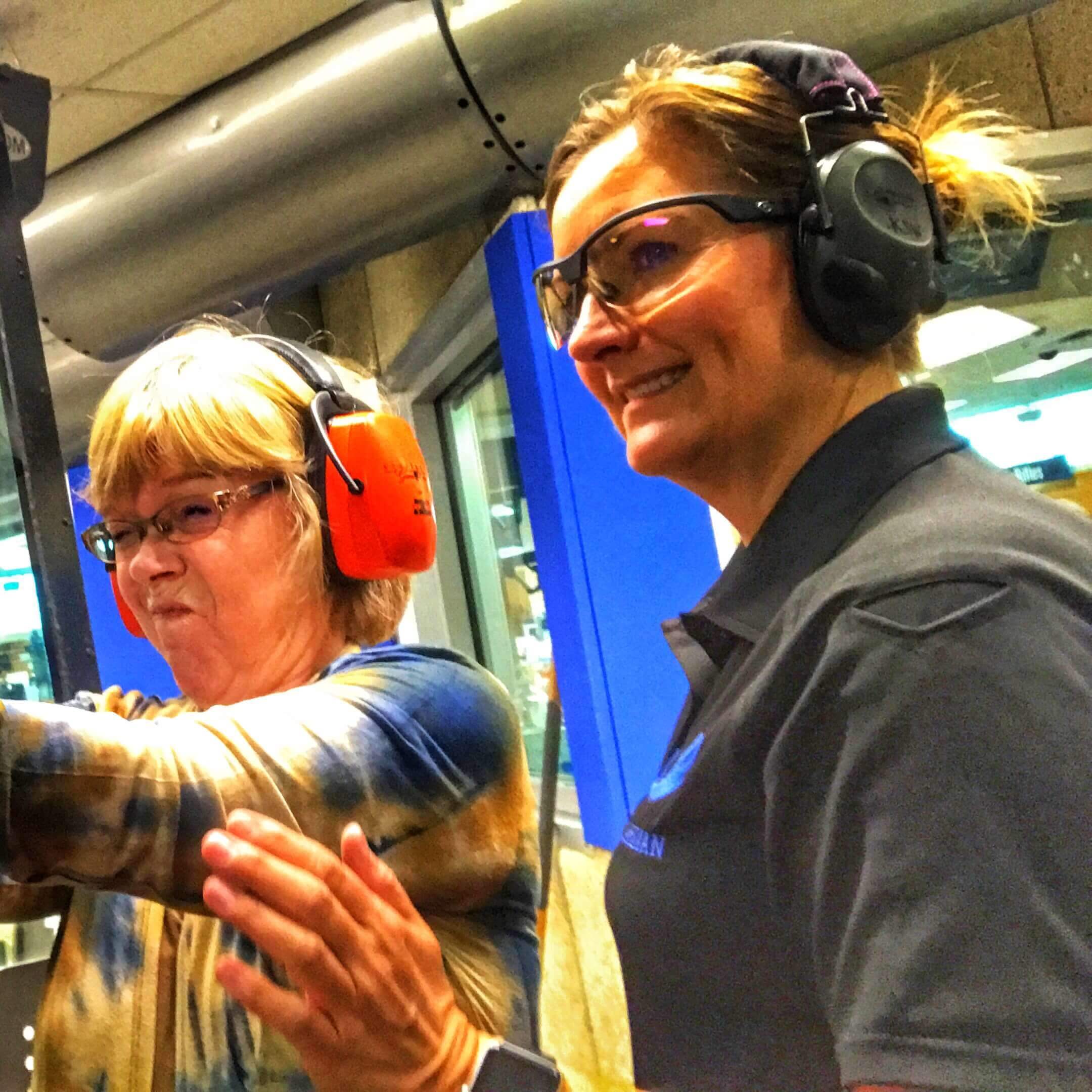CANNABIDIOL (CBD) FOR POST-TRAUMATIC STRESS DISORDER
Jared D. Hoffman, PhD
Cannabidiol (CBD) is a non-psychotomimetic cannabinoid found in the Cannabis plant. CBD, along with tetrahydrocannabinol (THC), the well-known psychoactive component of Cannabis, are just two of the many cannabinoids found in Cannabis. CBD has been gaining interest not only amongst the general public but also in the scientific literature for its therapeutic potential. One condition that CBD is being used for is post-traumatic stress disorder (PTSD), a debilitating mental condition that can develop following exposure to a traumatic event. This event could include wartime or other violent and combative events, sexual assault, a life-threatening accident such as a car wreck, or being part of a natural disaster, among any other life threatening or traumatic events. Symptoms include stressful and aversive memories or nightmares regarding the trauma, hypervigilance, difficulty sleeping, poor concentration, emotional withdrawal, and avoidance of places or triggers that cause the trauma to be relived.1 PTSD develops in 5-10% of the population with it being more common in females. It is thought to effect numerous aspects of the body including the brain and its neurochemistry, metabolic function, and the immune system. It has even been associated with other comorbidities including increased inflammation and pain, and increased risk of cardiovascular disease and dementia. In this article, we will discuss how PTSD is researched, the endocannabinoid system, the mechanisms of action of CBD, and the state of the preclinical and clinical research of CBD’s usage for PTSD.
Researching PTSD
A common method in preclinical studies to research PTSD is the use of fear conditioning. This looks at memory acquisition, consolidation, retrieval, reconsolidation, and the extinction of memories. In PTSD, a negative or aversive memory is re-activated and can be either consolidated again or extinguished. To relieve symptoms, extinguishing aversive memories is of the utmost importance and this process is even a pharmacological target.2
The Endocannabinoid System in PTSD
The endocannabinoid system has been implicated in PTSD with targets being cannabinoid receptor type 1 (CB-1) and cannabinoid receptor type 2 (CB-2). In fact, CB-1 activation is actually thought to help with the extinguishment of adverse memories.3 This activation of CB-1 plays a role in the reduction of pain and inflammation, movement, and modulation of memories and cognitive function. Further, altering levels of anandamide, an endogenous cannabinoid found primarily in the brain, may help modulate short-term fear extinction through its activation of CB-1 and thus, the activation of the endocannabinoid system.2 Interestingly, lower levels of anandamide were found in those with PTSD with a compensatory increase in CB-1.4 Whether or not restoring the deficiency of anandamide would help those with PTSD remains to be seen. Interestingly, CBD has been postulated to provide benefit through the endocannabinoid system. Although it appears that CBD may not actually have much affinity for CB-1 and CB-2, it may still play a role indirectly by increasing endogenous cannabinoid production, such as through the increase of the aforementioned anandamide.2 It was even postulated that this indirect activation of the endocannabinoid system may produce less side effects to the individual than direct activation.
Other mechanisms of action of CBD that may impact PTSD are through the activation of the serotonin 1A receptor (5-HT1A), the modulation of adenosine, and by blocking GProtein Coupled Receptor (GPR55) activation.5 These mechanisms may also be a reason for CBD’s ability to decrease anxiety, depression, and pain but more research needs to be conducted in these areas to confirm these findings.
Preclinical Research Using CBD in PTSD
Before we get into the details, it is worth mentioning that a fantastic publicly available review by Bitencourt and Takahashi is provided in the references for those interested in the current state of preclinical and clinical research of CBD’s use for PTSD.2 In preclinical studies using contextual fear conditioning, the blockage of CB-1 has led to a decrease in behavior responses to aversive memories. In fact, CBD has even been used in this process. When using anywhere from 110 mg/kg of CBD in rodents, CBD has been shown to not only cause extinction of the contextual fear memory but also decrease retrieval and acquisition thereof and block reconsolidation of aversive memories.2 These results are quite promising and warrant further investigation in clinical trials.
Research in Humans Using CBD in PTSD
Very little research has been conducted using CBD for PTSD in the clinic, but there have been a few studies in humans showcasing its potential benefits. One study by Elms et al. found that 8-weeks of oral CBD administration was well-tolerated and decreased PTSD symptom severity.5 Further, a case report found CBD to decrease anxiety-like symptoms and issues with sleep in a 10-year old patient with PTSD.6 In another study using healthy human subjects, inhaling 32 mg of CBD improved consolidation of extinction learning,7 which is the decrease in an aversive response to a once provoking stimuli. Other studies have used a combination of CBD and THC. While these studies have also found positive results,8 CBD and THC do interact with each other making it unclear how much of an effect CBD alone is having. Although collectively these studies have shown benefits using CBD in PTSD, a fullfledged clinical trial has yet to follow up on these findings. However, there are multiple ongoing clinical trials using CBD alone or in conjunction with THC in PTSD.9
The usage of CBD in a variety of disease states has vastly increased over the last couple years. The clinical research has still not caught up to the vast amount of purported health benefits of CBD, but clinical trials are ongoing. CBD can impact the endocannabinoid system, albeit indirectly, which has been postulated to play a role in PTSD and has even become a potential therapeutic for it. Further, there is promising research in preclinical studies and in humans that do indeed warrant further investigation in clinical trials. Despite the overall lack of evidence for using CBD for PTSD, the evidence that is available is quite promising.
As always, please talk to your doctor about CBD before beginning a regimen.
References
1. Yehuda R, Hoge CW, McFarlane AC, Vermetten E, Lanius RA, Nievergelt CM, Hobfoll SE, Koenen KC, Neylan TC, and Hyman SE. Post-traumatic stress disorder. Nature Disease Primer. 2015; (1):15057.
2. Bitencourt RM & Takahashi RN. Cannabidiol as a Therapeutic Alternative for Post-traumatic Stress Disorder: From Bench Research to Confirmation in Human Trials. Front Neurosci. 2018; 12:502.
3. Marsicano G, Wojtak CT, Azad SC, et al. The endogenous cannabinoid system controls extinction of aversive memories. Nature. 2002; 418:530–534.
4. Neumeister A, Seidel J, Ragen BJ, & Pietrzak RH. Translational Evidence for a Role of Endocannabinoids in the Etiology and Treatment of Posttraumatic Stress Disorder. Psychoneuroendocrinology. 2015; 0:577-584.
5. Elms L, Shannon S, Hughes S, Lewis N. Cannabidiol in the Treatment of Post-Traumatic Stress Disoder: A Case Series. JACM. 2019; 4:392-397.
6. Shannon S, Oplia-Lehman J. Effectiveness of cannabidiol oil for pediatric anxiety and insomnia as part of posttraumatic stress disorder: A case report. Perm J. 2016; 20:108–111.
7. Das RK, Kamboj SK, Ramadas M, et al. Cannabidiol enhances consolidation of explicit fear extinction in humans. Psychopharmacology (Berl). 2013; 226:781–792.
8. Greer, G. R., Grob, C. S., and Halberstadt, A. L. PTSD symptom reports of patients evaluated for the new mexico medical cannabis program. J. Psychoactive Drugs. 2014; 46, 73–77.
9. Clinicaltrials.gov
ALSO IN RESOURCES
Veterans Day 2020 | Supporting Folds of Honor
Folds of Honor, A Non-Profit Organization Supporting Veteran Families, Will Receive 10% of Our Sales in November In observance of Veterans Day 2020, On Duty USA will donate 10% of sales to Folds of Honor, an organization provide educational support for disabled and...
CANNABIDIOL (CBD) FOR SLEEP
CANNABIDIOL (CBD) FOR SLEEPJared D. Hoffman, PhD The ability to fall and stay asleep in this modern age has become more and more difficult. This is in part due to our hectic lifestyles and being blasted with blue light and sources of entertainment from our phones,...
CANNABIDIOL (CBD) FOR ANXIETY
CANNABIDIOL (CBD) FOR ANXIETYJared D. Hoffman, PhD Cannabidiol (CBD) is one of the many phytocannabinoids found in the Cannabis plant. Its reported health benefits are numerous and clinical studies are ongoing to investigate these claims. One such potential health...
Subscribe to Our Newsletter to Receive
Special Offers for Supporters
Learn about veteran events, studies, and research regarding
the benefits of hemp-derived health products.
838 E High St, Suite 268, Lexington Ky 40502
© 2019 On Duty CBD.
This product is not for use by or sale to persons under the age of 18. This product should be used only as directed on the label. It should not be used if you are pregnant or nursing. Consult with a physician before use if you have a serious medical condition or use prescription medications. A doctor’s advice should be sought before using this and any supplemental dietary product. All trademarks and copyrights are property of their respective owners and are not affiliated with nor do they endorse this product. These statements have not been evaluated by the FDA. This product is not intended to diagnose, treat, cure or prevent any disease. By using this site, you agree to follow the Privacy Policy and all Terms & Conditions printed on this site. Void Where Prohibited by Law.
